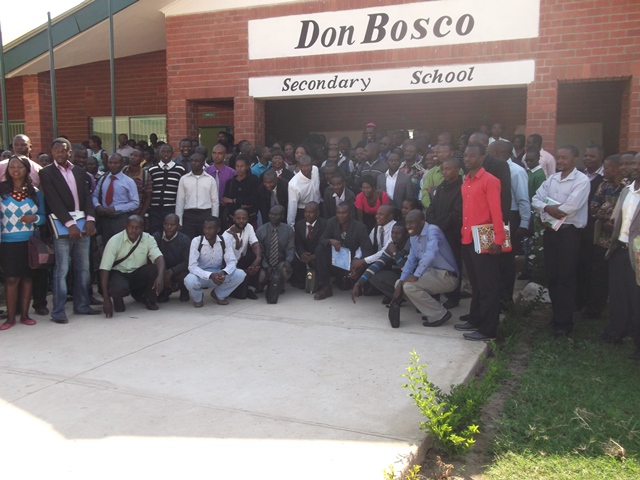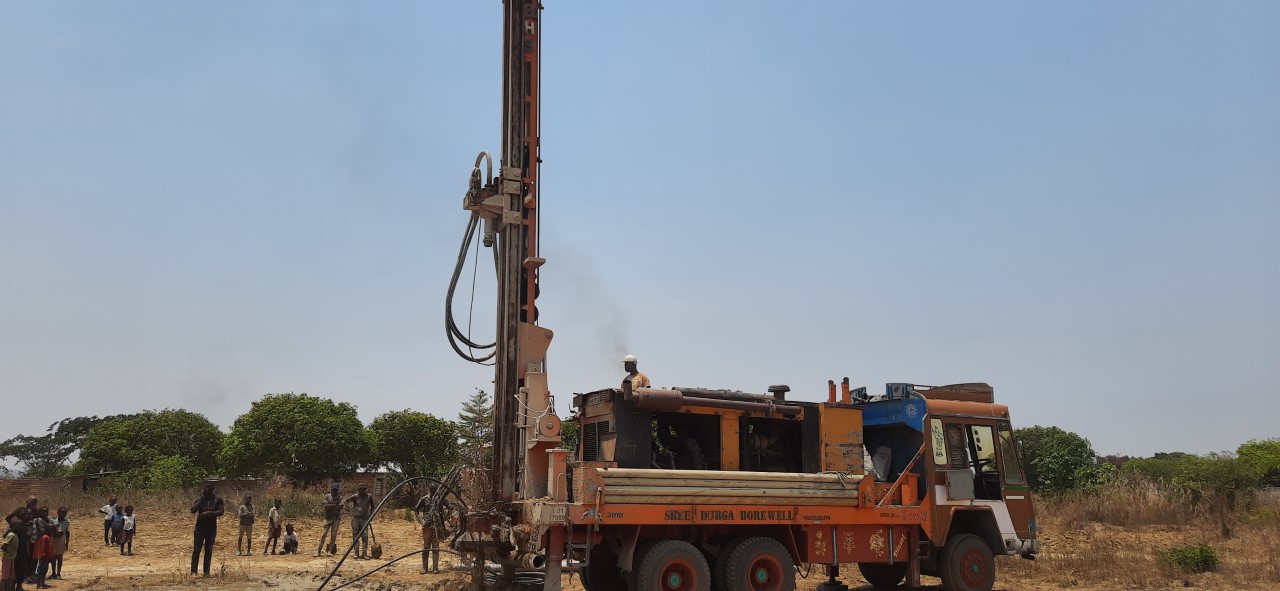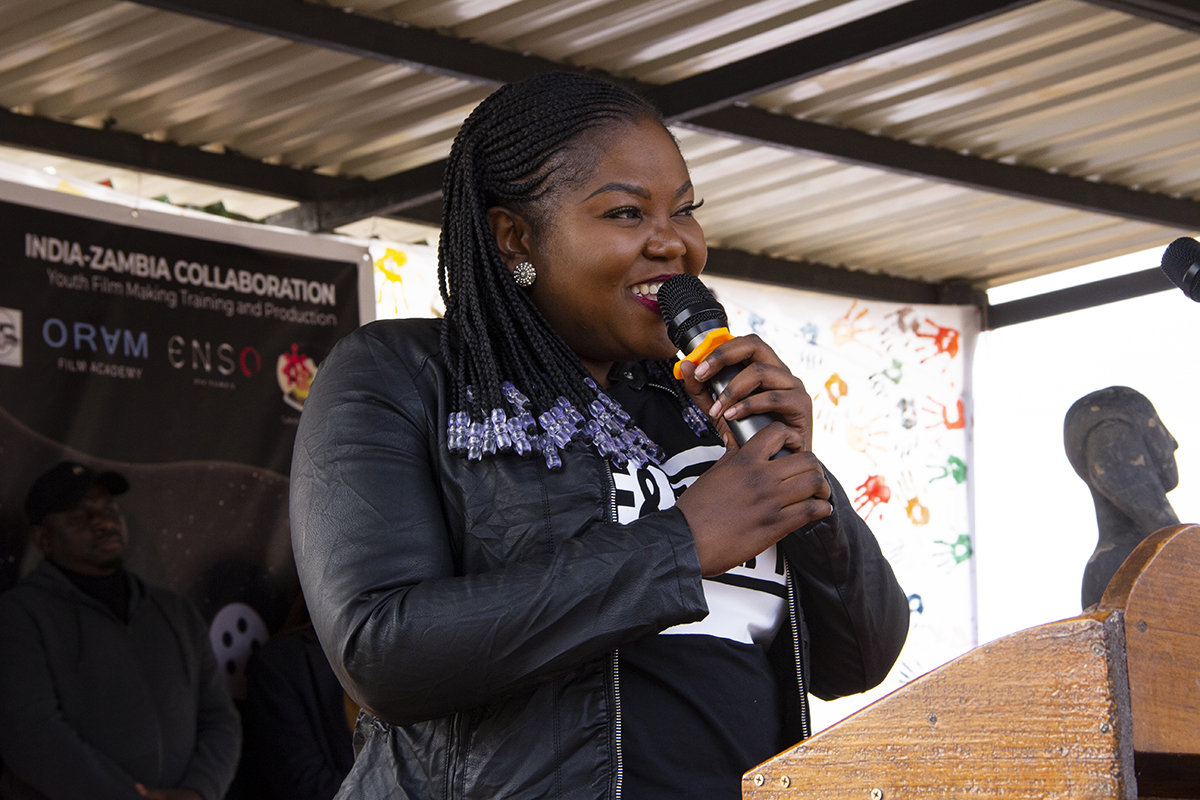ZAMBIA: Salesians Launch New Secondary School to Provide Ongoing Education for Marginalized Youth

(MissionNewswire) Poverty is widespread in Zambia with 64 percent of the total population living below the poverty line. For those living in rural areas, the poverty rate rises to 80 percent, according to UNICEF. Over the past three decades, incomes in Zambia have fallen steadily and people do not have enough money to meet basic needs such as shelter, nutritious food and medical care.
The HIV/AIDS epidemic has taken its toll on Zambia’s children. More than 20,000 households in the country are headed by children whose parents have died because of HIV/AIDS. Many of these young children are desperate for adult support to help meet their basic needs.
Salesians in the country continue to expand their programs to respond to the needs of poor youth. In early 2014, Don Bosco Secondary School Mansa was started to provide formal secondary school education to youth living in the Luapula Region of Zambia, located in the northern part of the country on the border with the Democratic Republic of the Congo.
The school took two years to build and is a companion to an elementary school operated by Salesian Sisters that has been providing quality primary education for several years. Funding for the new school came from Don Bosco Mondo in Bonn, Germany as well as other partners. The new school reinforces the education mission of the Salesians in Zambia who have been educating poor youth living on the outskirts of Mansa for more than a decade.
For the past several years, in addition to the elementary school, Salesians have been running the St. James Catholic Parish and a youth center for young people from the heavily populated Chimese and Senama compounds. The new school will address the need for secondary education for youth who would otherwise not attend school at all or would have to travel very far distances to gain a secondary education.
The new school has spacious classrooms and administrative offices and expansion is already being considered as the school’s programs progress. Started with an emphasis on the social sciences, the school’s administrators are hoping to expand programs to offer courses in natural sciences and technology.
“Access to quality education provides a stepping stone out of poverty for poor youth,” says Father Mark Hyde, executive director of Salesian Missions, the U.S. development arm of the Salesians of Don Bosco. “This school will allow youth to easily transition from the Salesian primary school into continued education in the secondary school where students begin to focus on finding a career path and learning the skills needed to lead a productive life.”
Recently, the new secondary school was the setting for a meeting to mark the launch of a fast track teacher training program. The program is a collaboration between St. Eugene University and the Zambia Ministry of Education at Don Bosco Secondary School. Through this program, the Ministry of Education is upgrading the knowledge and certification of some 2000 teachers, as a way of improving education standards in the country.
To address the shortage of qualified teachers in schools, the teacher training program will enable teachers on government sponsorship to upgrade from certificate to diploma and from diploma to degree level. St. Eugene University will provide the advanced degree education to teachers, many of whom are graduating from Salesian schools.
“Teachers are the backbone of the Salesian educational system and we are dedicated to providing the support and training they need,” adds Fr. Hyde. “The value of strong teachers can be seen in the accomplishments of youth that graduate from their classes. Access to education and well-qualified teachers are critical to help youth learn job skills, improve their lives and find a path out of poverty.”
###
Sources:
Don Bosco Secondary School Zambia
UNICEF – Zambia




